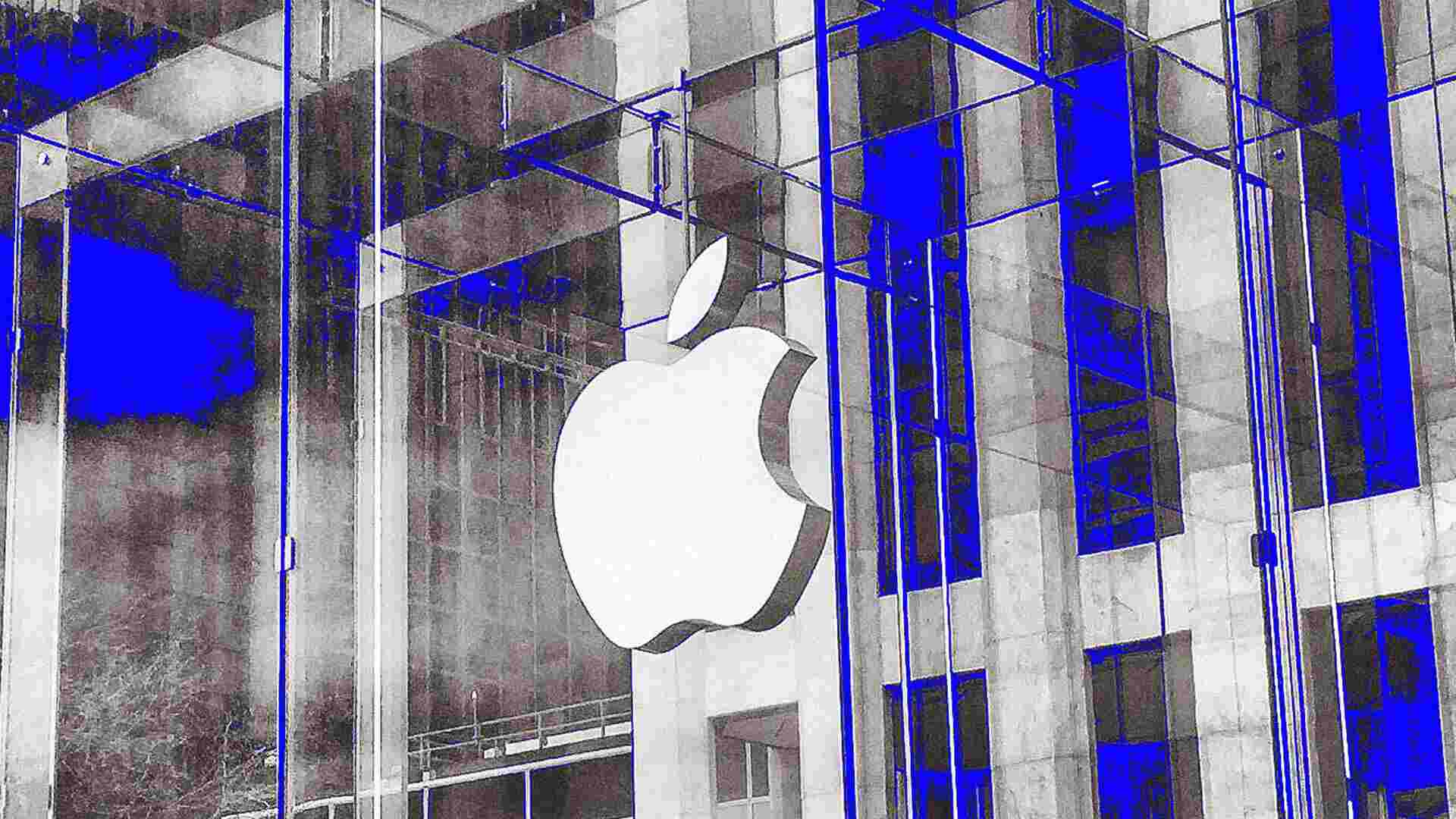- | 8:00 am
Tim Cook says Apple is uniquely well-positioned for AI
iPhone sales may be slow, but Apple’s CEO argues the company is primed to seize the AI moment.

After announcing March quarter revenues reflecting weak iPhone sales, Apple CEO Tim Cook seemed eager to assure analysts that his company is working hard to integrate AI into its products and services. On Thursday, he mentioned “AI” in various contexts early and often in his opening comments during Apple’s call going over the financial results.
While Cook emphasized his bullishness for the future of Apple AI, he was—as usual—hyper-disciplined in avoiding specific features or services Apple may be working on. The truth is, nobody really knows how AI, or generative AI specifically, will show up in new Apple products.
Cook said Apple is making significant investments in the burgeoning technology and that the company is uniquely positioned to make the most of AI because of its “seamless integration of hardware, software, and services,” including its “neural engine” AI chips, as well as its “unwavering focus on privacy.”
The Apple rumor mill has been abuzz with scuttlebutt about the possibility that Apple will introduce a spate of new generative AI features with its newest iPhone OS, iOS 18, at its WWDC developer conference next month. Apple has also reportedly been in talks with OpenAI about bringing the startup’s generative AI functions to the iPhone.
Cook also said that the MacBook Pro, with its Apple-designed M3 chips, is the best laptop on the market for working with AI models. While talking about the Apple Watch, he highlighted two features—irregular heartbeat detection and fall detection—that already use AI algorithms.
THE COST OF APPLE AI
Asked about how AI might change Apple’s R&D spend and capital expenditures, Apple CFO Luca Maestri said Apple has spent more than $100 million on R&D over the past five years (he didn’t specify how much of that was related to AI). “We are excited about working with generative AI,” he said. He added that for AI models and services, Apple will continue to use a mix of its own data centers and data center capacity from third-party providers.
Every analyst who asked questions during the Q&A section of the call brought up AI. But beyond his earlier comments, Cook had little more to say about future Apple AI features or services, or about how Apple might monetize them. “I don’t want to get in front of our announcements,” the CEO said. “We see generative AI as a very key opportunity across our products, and we believe we have advantages that set us apart, in theory. We’ll talk more about that in the weeks ahead.”
Apple reported revenues of $90.8 billion for its March quarter, 4% less than the year-ago quarter, but a smaller shrinkage than analysts had expected.
Wall Street’s appraisal of Apple’s business won’t likely be affected by the company’s AI plans for the next couple of quarters, but analysts are clearly wondering if the generative AI features that launch with new iPhones and OS updates next fall could provide at least part of the answer to the company’s slumping handset sales.
The company, whose stock was down 12% during 2024 as of Wednesday, has been fighting against declining sales of its main product, the iPhone, in one of its biggest markets, China, in recent quarters. Apple also announced $110 million in stock buybacks, which it attributes to a confidence in its future business.
Analysts were left with a lot to speculate about with regard to specific AI features that might show up on new iPhones next year. And Cook seemed to caution against factoring the effect AI features might have on sales of Apple products too quickly. “I do see a great opportunity with generative AI for the vast majority of our products . . . but that’s not within the next quarter,” Cook said. Fall 2024—when new iPhones and operating system upgrades across of all Apple’s platforms will likely ship—might be the first moment that next-generation AI could help boost the company’s business.







































